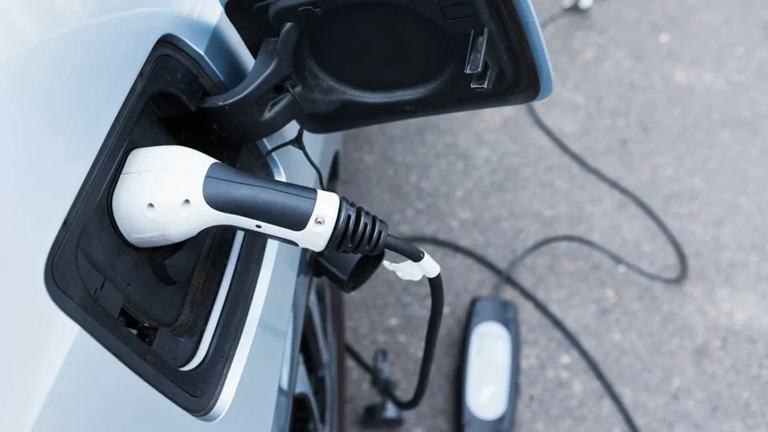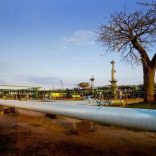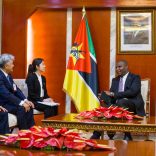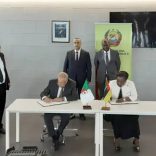Mozambique: Gemfields has already earned 49.9 million dollars this year - AIM report
Mozambique forecasts 20% production growth in key mineral for EV batteries

File photo: Lusa
Mozambique expects a 20% increase in the production of graphite it supplies to electric vehicle (EV) battery plants, a growth rate insufficient to return to pre-2024 levels, according to budget proposal data compiled by Lusa on Friday.
According to data from the proposed law on the Economic and Social Plan and State Budget (PESOE) for 2025, currently under analysis in the Assembly of the Republic, the government’s forecast points to production in Mozambique this year of 41,879 tonnes of graphite, thus recovering part of the 64% drop last year, compared to 2023, when it fell to 34,899 tonnes.
In 2023, this production amounted to 97,346, after the previous year’s record of 165,932 tons, and 77,116 tons in 2021, according to the official record.
“For graphite, the growth forecast is 20%. This increase takes into account the entry of DH Mining’s production in Niassa,” the budget proposal highlights, referring to the start of activity by a Chinese group in the Nipepe district on May 5 and the prospect of extracting 200,000 tons per year once in full production.
Meanwhile, the Australian mining company Syrah announced on May 6 that it had regained access to the graphite mine it operates in Balama, Cabo Delgado, northern Mozambique, about five months after invoking “force majeure” due to the worsening of post-election demonstrations, a situation that resulted in three quarters without exports of that mineral.
In a statement to the markets, Syrah stated that the protests at the mine, which were affecting its operations, had ended and access to the site had been re-established, following intervention by the Mozambican authorities, who removed the last “illegal protesters” over the weekend.
“Following a formal agreement signed between farmers, Mozambican government authorities and the company, most protesters stopped protesting in Balama in April, 2025. A small group of people continued to block access to the site without legitimate reason or complaint against Syrah,” reads the same communication.
The company is “mobilizing support teams” to the site of the operation for “inspection and maintenance” activities, promising an update soon on the resumption of operations in Balama and product shipments.
The Australian mining company announced on December 12 that it had invoked “force majeure” due to the worsening of demonstrations and protests against the results of the general elections of October 9, 2024, which have already caused around 400 deaths, in addition to the destruction of public and private equipment and were affecting the activity of the Mozambican graphite mine in Balama.
The term “force majeure” is a legal concept that refers to external, unpredictable and unavoidable events that prevent the fulfilment of contractual obligations.
The Australian firm is also building a battery material factory in Vidalia, in the United States of America, which will be supplied with Mozambican ore, in this case with two tons shipped in April last year.
Graphite production in Mozambique, for electric car batteries, fell by 64% in 2024, to 34,899 tons, one of the lowest records in recent years, according to government data reported by Lusa in February.
According to the Ministry of Finance’s budget execution report for 2024, the reduction, which corresponds to just 11% of the target of 329,040 tons of graphite set for the entire year, was mainly due to the suspension of activities at the GK Ancuabe Graphite Mine in 2023.
“As well as the suspension of activities at the company Twigg Mining and Exploration [of the Australian group Syrah], due to the introduction of synthetic graphite into the international market, combined with labour problems at the company that culminated in the suspension of mining operations,” the document reads.













Leave a Reply
Be the First to Comment!
You must be logged in to post a comment.
You must be logged in to post a comment.